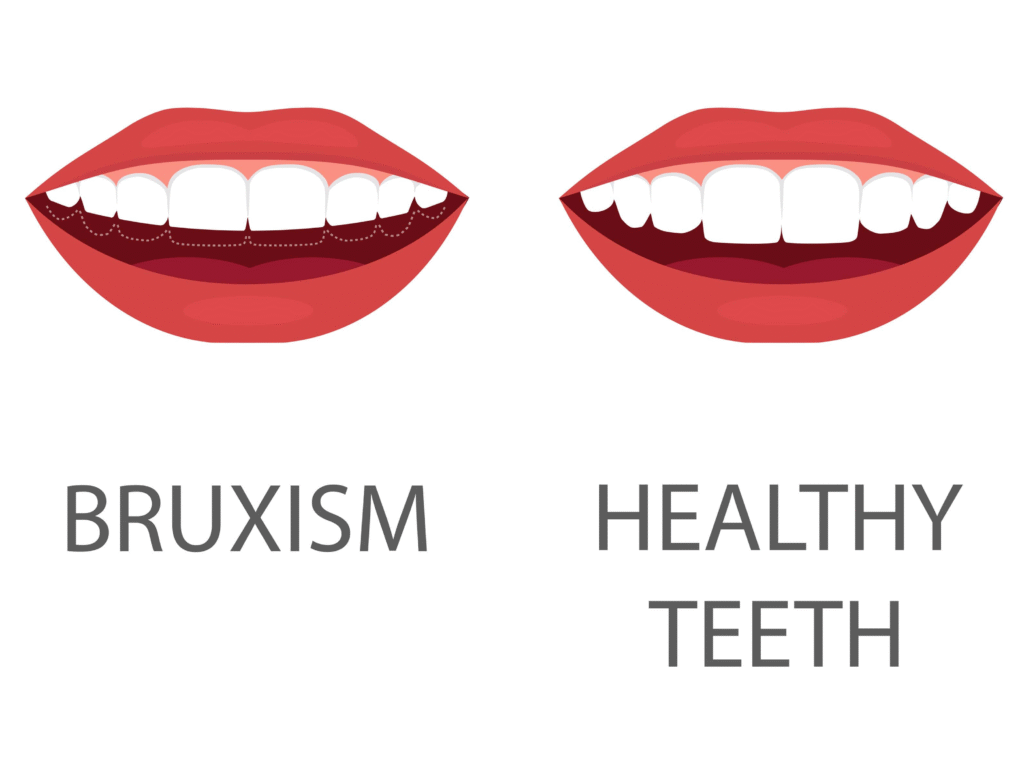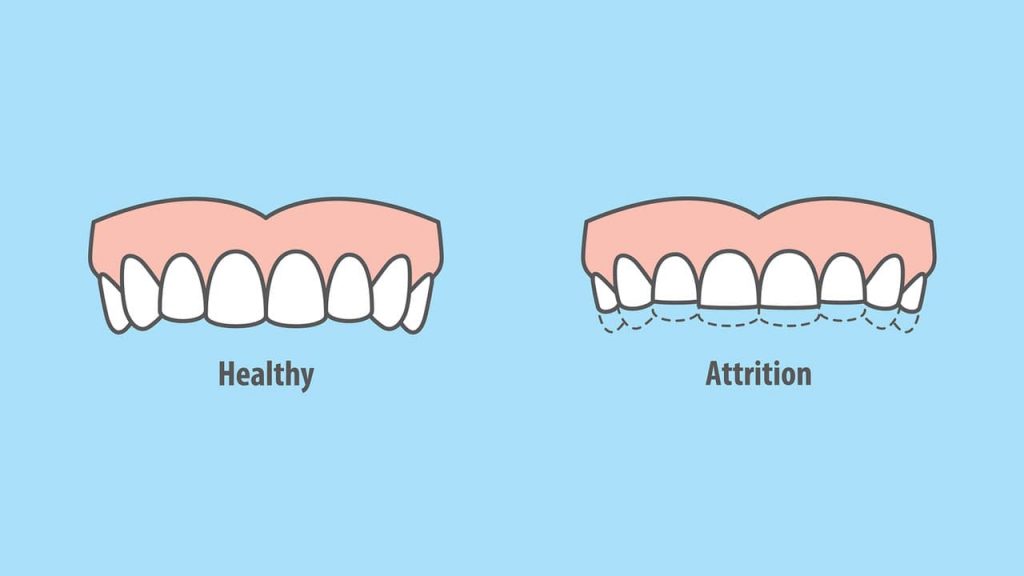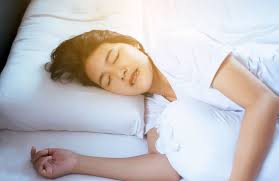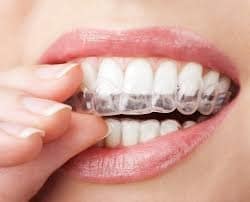
As modern-day life induces more stress and anxiety, people more often tend to experience clenching and grinding teeth. Grinding and clenching teeth both can be called bruxism and they are important stress-induced dental problems. Even though many people experience them, they may not be aware of their grinding and clenching problems. It generally occurs during sleep, or any other activities involving concentration and situations under stress.
What are Clenching and Grinding Teeth?
As mentioned above, teeth grinding is also called bruxism. Bruxism is involuntary grinding, clenching, and gnashing. It is actually a far more common dental problem than most people think it is. Even though it is true that most of the situation occurs when the patients are asleep, there are some people who perform this habit when they are awake too.
Grinding during sleep might prevent the patient to realize that they have this dental problem. If they are sleeping together with their partners, usually they are the ones that usually notice first. They might hear the grinding noise at night, and parents might also notice this for their children when they are asleep. If the teeth grinding is stress-induced, then these patients might grind their teeth when they are anxious, angry or concentrated on a task, too.
Children’s Teeth Grinding
Just like adults, children can also experience clenching and grinding teeth. It can generally occur after their baby teeth or adult teeth first appear. As soon as their adult teeth are firmly formed, then usually teeth grinding stops by itself. But if you are concerned that teeth grinding is affecting your children’s health, mainly their sleep, then you should consult a general practitioner.
Teeth Grinding Symptoms
Symptoms of grinding teeth include:
- Facial pain
- Headaches
- Earache
- Temporomandibular disorder (TMD) induced from pain and stiffness in the jaws and neighboring muscles
- Broken teeth
- Broken fillings
- Sensitive teeth
- Sleeping problems
Patients are reported to experience immediate disappearance of facial pain and headaches once they stop teeth grinding. But tooth damage might occur in some cases and the patient might need further dental treatment.

Such cases usually involve tooth loss, which is usually fixed by extreme interventions like dental implants, or if the patient is fortunate enough to get off with only surficial enamel damages, dental veneers or dental crowns become the common way to go.
However, that cures do exist should not be a reason for neglecting these habits, and we should dig deeper for what causes them, and how to overcome them.
What are the Causes of Clenching and Grinding Teeth?
The cause of these habits is generally linked to a vast variety of issues, mental and physical, including stress, anxiety, or sleeping disorder problems.
Stress and Anxiety
Stress and anxiety are the most common causes of teeth grinding. But generally, people are not aware of the fact that they are having clenching and grinding teeth problems. They occur mostly at night, during sleep.
Sleeping Problems

Grinding teeth generally happens if you snore or if you are experiencing some type of sleeping disorder, like obstructive sleep apnoea (OSA). These types of sleeping disorders can be detrimental to your sleep at night and they often are accompanied by teeth grinding and clenching.
During sleep, symptoms that are most likely accompanied by grinding are,
- Talking or mumbling during sleeping
- Violent behavior during sleeping, like kicking out or punching
- Having sleep paralysis, a type of temporary inability to move or speak during falling asleep or waking up period
- Experiencing hallucinations, a type of semi-conscious experiences where the patient see or hear things that are not real
Lifestyle Choices
Lifestyle choices also have great importance on the emergence of clenching and grinding teeth problems. Below are found to have impacts on reasons fueling teeth grinding and clenching:
- Alcohol consumption
- Smoking
- Recreational drugs, including ecstasy and cocaine
- Consumption of caffeinated drinks, including tea or coffee (generally 6 or more cups per day)
Particular Type of Medicines
Although the causes of clenching and grinding teeth are generally associated with habits and personal problems, taking some specific types of medicines and their side effects can be the cause for teeth grinding.
Specifically, a type of antidepressant, a selective serotonin reuptake inhibitor, is associated with clenching and grinding teeth. The examples of this selective serotonin reuptake inhibitor (SSRI) are paroxetine, sertraline, and fluoxetine. So patients should be careful when taking these types of medicines. If grinding and clenching get worse, it is advisable to consult your dental professional.
Treatments for Teeth Grinding
If you detect that you are doing this or your partner informs you about your clenching and grinding teeth problem, then you should consult your dentist or other oral health professional. They will examine the teeth and possible treatment options that might be presented including;
- Tooth damage repair
- Eliminating other types of tooth detrimental problems like erosion
- Examination of risk factors including sleep disorder breathing
- Design of a special mouthguard, or called bite splint, to wear at night. Using a special mouthguard will prevent your teeth from being worn down. But a mouthguard will not entirely stop you from grinding teeth, instead, it will help you relieve the symptoms.

Since most of the causes are stress-related, management of clenching and grinding teeth can also include but not limited to these types of treatments:
- Therapy
- Relaxation techniques
- Taking care of sleep hygiene
- Regular exercises

Clenching and grinding teeth is generally a common condition with a lot of possible causes, mainly stress-related. Treatment with an early diagnosis will help the patient to prevent experiencing further dental complications, such as erosion and losing a tooth.
You may detect that you are having a grinding problem or your partner might also inform you of your grinding situation asleep. Following the notice of the symptoms, you should get an appointment with your dentist or a dental professional. After that, they will examine your condition and come up with a suitable treatment to cure your bruxism.
You can read our previous post on https://smileteamturkey.com/blog/what-causes-tooth-sensitivity/
